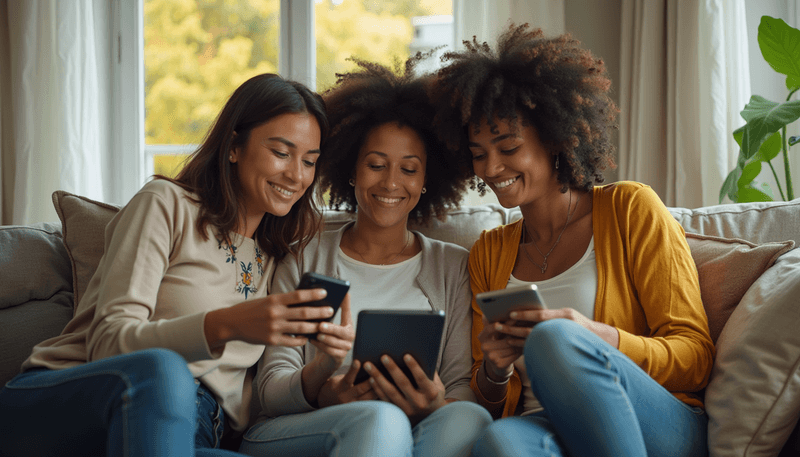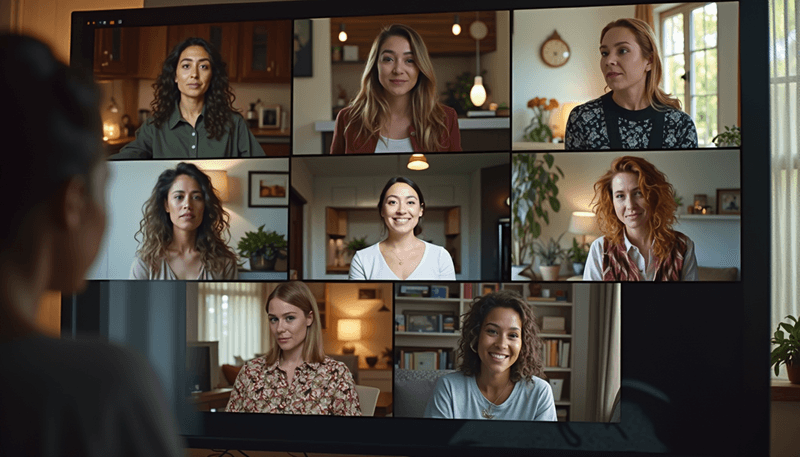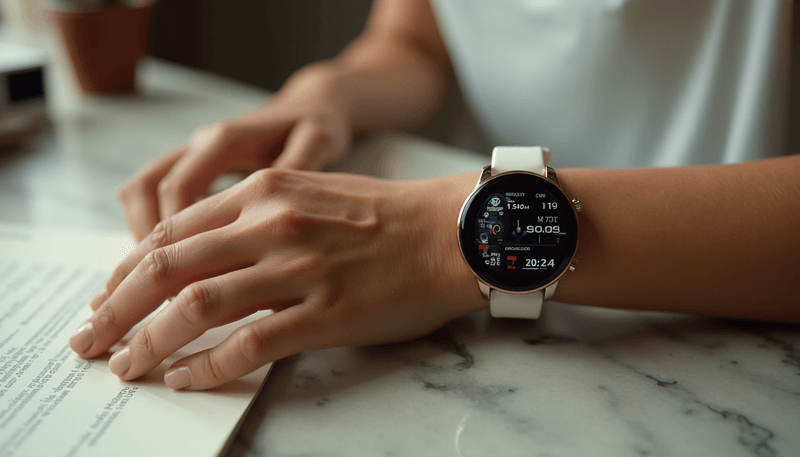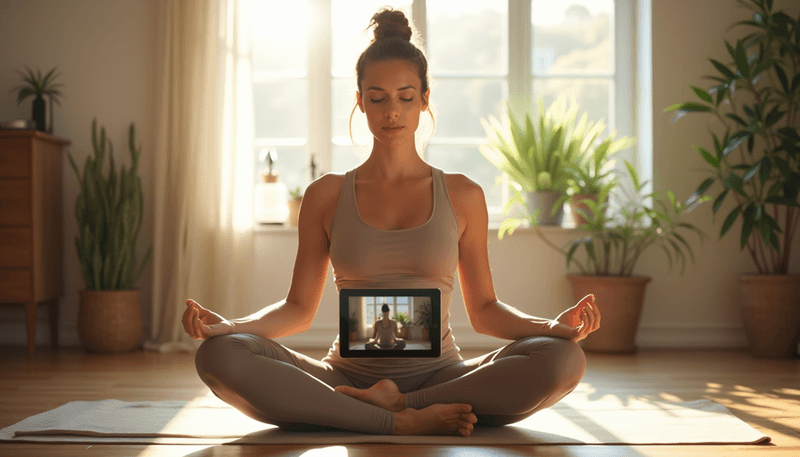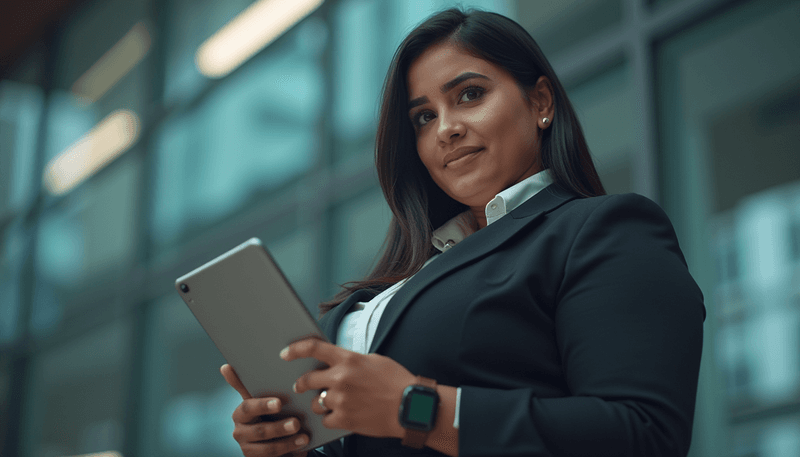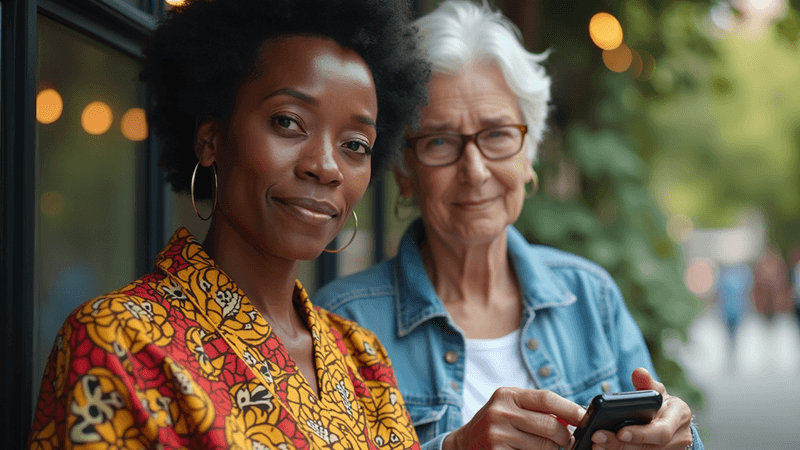Tech Tools Reshaping Women's Menopause Journey
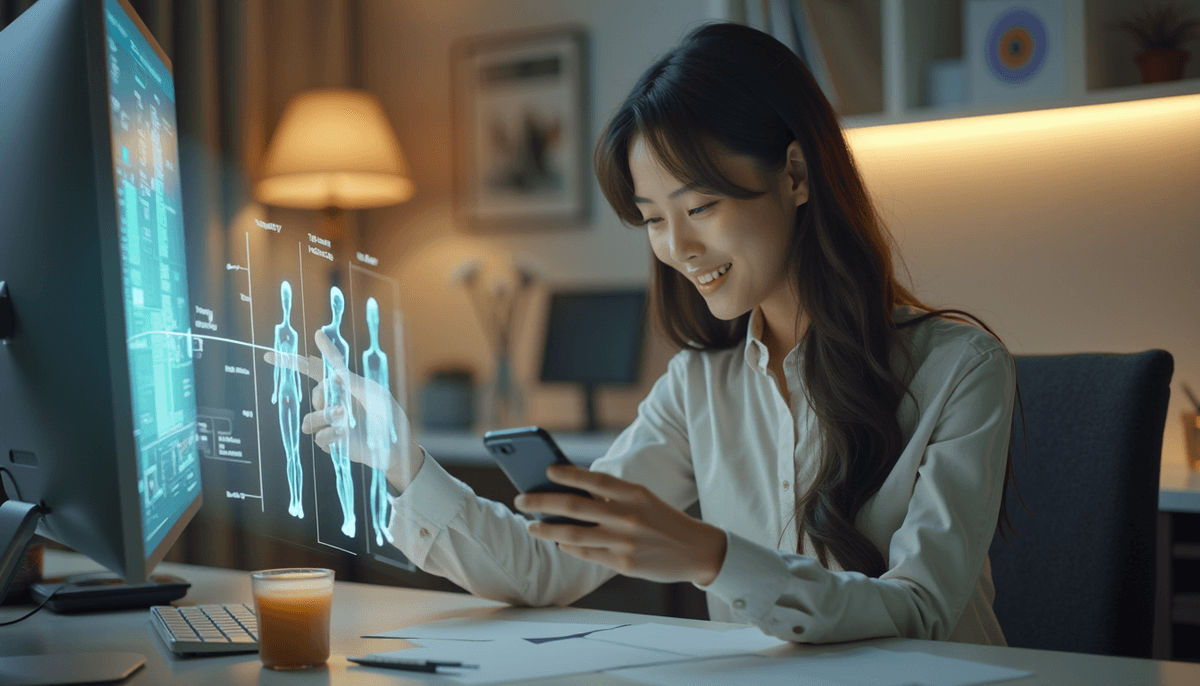
Imagine standing at the crossroads of a major life transition, armed with nothing but a smartphone and determination to understand what's happening to your body. This is the reality for millions of women navigating menopause in our digital age. A groundbreaking study reveals how women are creatively using technology to support their menopause journey, showing both the potential and limitations of current tech solutions.
Finding Your Digital Tribe: The Power of Online Communities
The research shows that social media and online communities have become vital lifelines for women experiencing menopause. Unlike traditional support systems, these digital platforms offer 24/7 access to shared experiences and validation. One study participant powerfully noted, "you're not on your own... everybody's menopause is different."
"Have you ever felt isolated in your menopause experience? You're not alone - thousands of women are connecting online right now."
How to make the most of online menopause communities:
- Join moderated Facebook groups or Reddit communities dedicated to menopause
- Participate in virtual "Menopause Cafés" through workplace initiatives
- Consider "lurking" initially to learn from others' experiences without pressure to share
- Look for groups specific to your age range or symptoms
Smart Tracking: Using Technology as Your Symptom Detective
The study reveals how women are creatively using fitness trackers and smartwatches beyond their intended purposes. These devices become valuable tools for tracking menopause symptoms, from irregular heart patterns to sleep disruptions.
Practical ways to leverage tracking technology:
- Use smartwatch heart rate monitoring to track palpitations
- Monitor sleep patterns through fitness apps
- Track temperature fluctuations for hot flash patterns
- Keep digital notes of mood changes and energy levels
"Think of your tracking device as a personal detective, gathering clues about your body's changes that you can share with your healthcare provider."
Creating Digital Self-Care Rituals
Perhaps the most innovative finding is how women are crafting personalized digital self-care routines. From meditation apps to online yoga classes, technology is becoming a tool for emotional and physical well-being during menopause.
Building your digital self-care toolkit:
- Download meditation apps for anxiety management
- Access online exercise classes tailored to menopause symptoms
- Use cooling device apps during hot flashes
- Set up regular reminder apps for medication and self-care activities
The research highlights an important caveat: technology should complement, not replace, traditional healthcare. As one participant shared, "it gives me the confidence to ask the right questions at the GP."
What small step could you take today to integrate technology into your menopause journey?
Moving Forward Together
The intersection of technology and menopause care is still evolving. While current tools have limitations - cost barriers, privacy concerns, and varying effectiveness - they represent a significant step forward in supporting women through this transition. The key is finding the right combination of digital tools that work for your unique experience.
Take action today: Choose one digital tool mentioned in this article and commit to exploring it for the next week. Whether it's joining an online support group or starting to track your symptoms with a smartwatch, small steps can lead to meaningful support in your menopause journey.
Your voice matters: Share your experiences with menopause-supporting technology in the comments below. What digital tools have you found most helpful?

Dr. Anya Sharma, MD
Dr. Anya Sharma is a board-certified gynecologist with over a decade of experience specializing in women's health and patient education. She graduated from Johns Hopkins School of Medicine and completed her residency in Obstetrics and Gynecology at a top hospital in New York City. With a passion for empowering women, Anya transitioned to content creation to provide accessible, evidence-based information on health topics relevant to mid-aged women. Her empathetic and pragmatic approach combines medical expertise with relatable insights, making her a trusted voice in the field.
